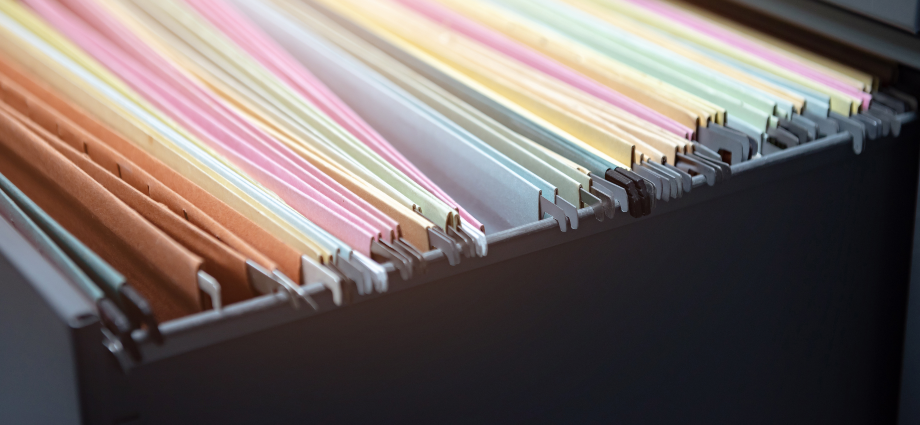Collecting on A Judgment Under Florida Law

As a judgment creditor, Florida law provides numerous methods through which you can collect the sum owed to you from the judgment debtor. There are numerous ways by which judgment creditors find the assets of their judgment debtors. One of the principal ways is through legally mandated disclosures. Typically, your final judgment will state that the court retains jurisdiction to ensure that the judgment debtor accurately completes a fact information sheet within 45 days. This form will identify all of the debtor’s real and personal property. If the debtor does not complete the form within the 45 days then the debtor may be subject to contempt proceedings and can be jailed or fined at the judge’s discretion. This fact information sheet should provide you with information regarding all of the judgment debtor’s assets. If you suspect that the debtor holds other real property that it has not divulged, you can always search the property records in neighboring counties via public, online databases. Nearly all Florida counties maintain online searchable property records whereby you can enter the debtor’s name and discover if he owns real property in that county.
View databases for Florida counties
In addition to the fact information sheet that the judgment debtor is required to complete, you have the right to conduct proceedings supplementary. This allows you and/or your attorney to send discovery to the debtor, including questions regarding the debtor’s assets and a request for copies of all documents regarding the same. You may discover that the judgment debtor transferred assets to third parties pre- or post-judgment in order to avoid collection procedures. More specifically, you could find that the judgment debtor sold real property during the litigation or near the time that the debt to you was incurred. With any information of this nature, you can subpoena and question “any” third party under oath who may now hold such property. If it can be shown that a transfer was made to delay, hinder, or defraud your collection methods, the judge has the power to void asset transfers and order the sheriff to levy assets wrongfully held. Per Florida law, the judgment debtor may ultimately be held responsible for the cost of these supplemental proceedings and collection efforts, although you would have to advance these costs and then seek reimbursement.
Judgment liens attach to real property by obtaining a certified copy of the judgment and recording the judgment in the property records of the county in which the judgment debtor’s real property is located. The judgment must contain your current address or in the alternative, you must attach an affidavit to the certified copy which contains your current address. Certified copies can be obtained from the County Civil Clerk for a minimal fee. While the civil clerk previously docketed and recorded your judgment, it is necessary that you obtain a certified copy of the judgment and file it with the clerk yourself, as required by Florida statutes. After this process is completed, any real property owned by the defendant in that county will be subject to your judgment lien for ten years and one renewable period of 10 years. A certified copy of the judgment should be filed in every county in which the judgment debtor owns property. You should also file a judgment lien certificate with the Florida Department of State which gives you priority over any other judgment creditors who file the certificate after you.
Moreover, each year Florida sets interest rates payable on judgments. Currently, the fixed interest rate is 4.75% per annum until it is paid or renewed. Note also that an unsatisfied judgment does not last forever. An unsatisfied judgment in the state of Florida will last for 20 years from the stamped date. If the judgment remains unsatisfied nearing the 20th year, it is advisable that you bring an “action on the judgment” in the same court in order to obtain a new judgment. This procedure will extend the judgment for another 20 years. At that point, you may be entitled to the new interest rate assigned for that year. Although your judgment is valid for twenty years, as stated above, it is only a lien on real property for ten years and then you must re-record for the lien to attach to the property for the one ten year renewable period that is allowed. There are different requirements as it relates to personal property which can be found in Florida Statute Section 55.204.
Once you attach a lien to the judgment debtor’s property and foreclose on said lien, there will be a judicial sale of the property. The proceeds from the sale will be distributed as stated in the Final Order which usually provides that costs are paid and then you will receive your judgment amount, subject to any superior lien being satisfied first. Any surplus will first go first to those lien holders that are junior to your lien and then to the purchaser of the property. However, the purchaser of the property will have to take it subject to any senior lien holders who have priority over your judgment lien. This is a summary of how to collect on a judgment in Florida. Please be advised that there are certain types of property that are exempt from collection and other requirements as it relates to collecting on a judgment and you should contact an attorney regarding the same.
By: Stephanie L. Cook